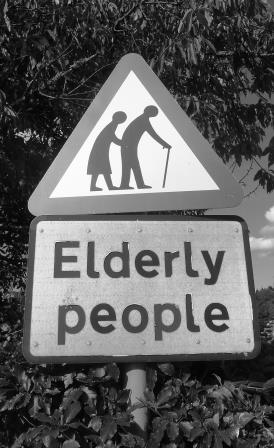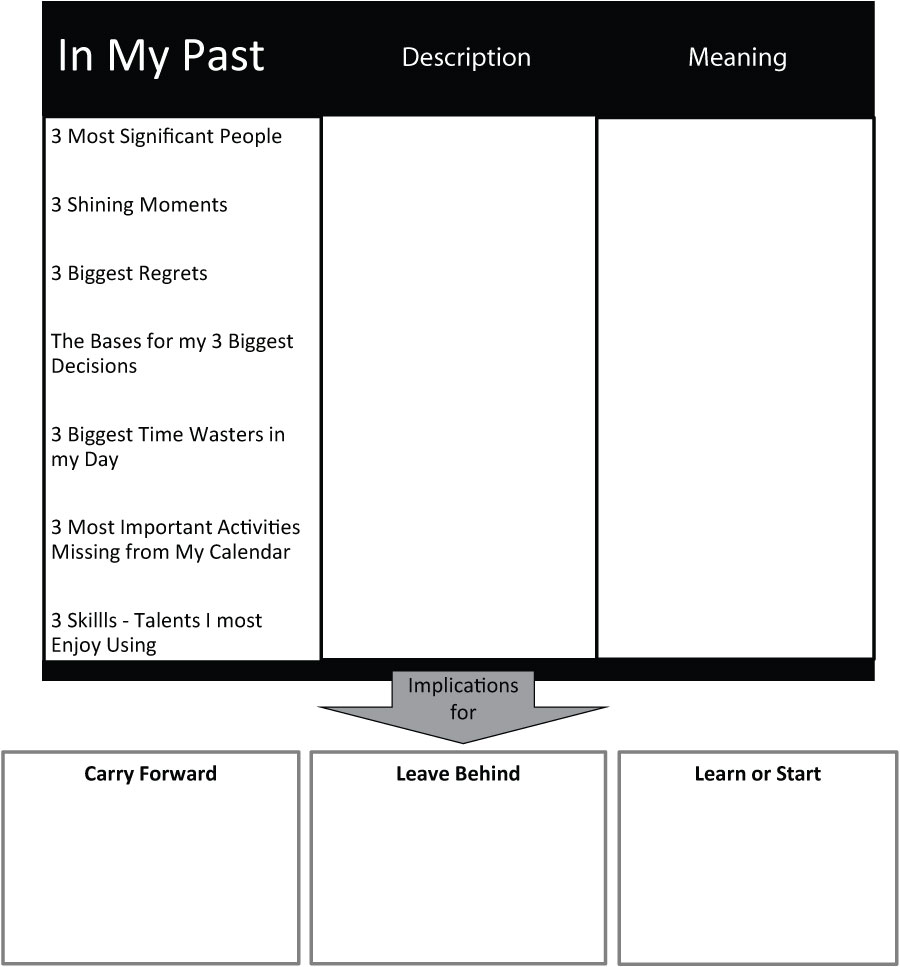I saw this road sign driving in Scotland last year. It made me stop, back up, and take a picture. In the midst of writing my book Exit Signs, it was so relevant and poignant.
Leaving your business, perhaps after decades, can make you think you must really, finally be OLD. Maybe you can envision that Scot road sign outside your home now! Leaving your business exposes your vulnerability. What did you accomplish? What are you leaving to others? Who are you now? What will you do with yourself and your time?
Company leaders usually have three mind sets about selling and leaving their companies. Which of these sounds like you?
You may see leaving as the equivalent of death and facing mortality. The nightmare sounds like “I went from being described as “who’s who” to being “who’s that”? It’s not surprising then,as Sonnenberg notes in The Hero’s Farewell that to avoid confronting The End, chief executives do less end-of-career planning than non-execs.
You may have a sense of completion — you’ve accomplished a life’s mission and are leaving a legacy — whether it’s leaving a strong company to the next generation or providing financial security to your family. Your immortality is defined by what continues after your departure. It’s one of the goals of owners who use Exit Signs as a road map for the exit planning.
Or you may see post-departure as a time of rebirth or an encore—an opportunity to connect with a new or unfulfilled higher purpose giving them a renewed sense of meaning. A recent survey showed the extent to which people consider a renewal or “encore” phase after they leave their careers or businesses. Nine million of the estimated 100 million 45 to 70 year olds are currently in encore careers; 31 million are interested in this career shift; and 27% desire to make the shift in the next five years. So if this is you, you’re not alone.
It comes down to this:
- Understanding our feelings about leaving our company is a key to leaving it well.
- If you can’t imagine moving out of the past and into the future you lack the fuel to power decisions and action that move you forward — to build that exit plan, hand over the keys, and leave.
- No you aren’t old — but if you’re stuck, you need to find what will give you traction.
Must you know for certain the path forward in order to begin thinking about your exit? No, but you must be open to imagining and experimenting.
A Boomer couple who were successful, driven, serial entrepreneurs sold their final business without a clear plan for their future. They only had an idea about it: to experience the world and a foreign country where they not only had to master a new language but “use it to get the plumbing fixed in the apartment.” And so year by year they rented places a few months at a time until they eventually bought an apartment in Paris (and sure enough it had plumbing problems).
Now they live there a large part of the year, a base for further exploring. Today, more than a decade later, he spends his morning hours walking the boulevards and avenues looking for new ways to see his city, unsure where they will lead or what he will find, but walking forward, nevertheless.
They began in optimism with a ‘sense’ of the future and defined the path through experimentation. And it continues.
Fueling your departure journey
Here’s a quick worksheet to help you fuel your engine for forward movement. It asks you to look at your feelings about the past, the meaning you give it, and what its implications are for the future. Your understanding will build a mindset that lets you move forward with optimism and vigor.
- Write down your answers for each of the items “In my past”
- Then write what makes this important or significant for you.
- Reflect on your answers. What do they suggest to you about what is important going forward?
- Write some thoughts about what you want to carry forward, leave behind and perhaps start or learn as you imagine life post-departure.
My hope is that by thinking about the power of the past and how to use it for the future, the conclusion isn’t that “leaving means I’m old” but instead what Dr. Seuss taught us, “Don’t cry because it’s over; smile because it happened.”
Which mindset characterizes you?
I would love to hear what you do to keep moving forward.


